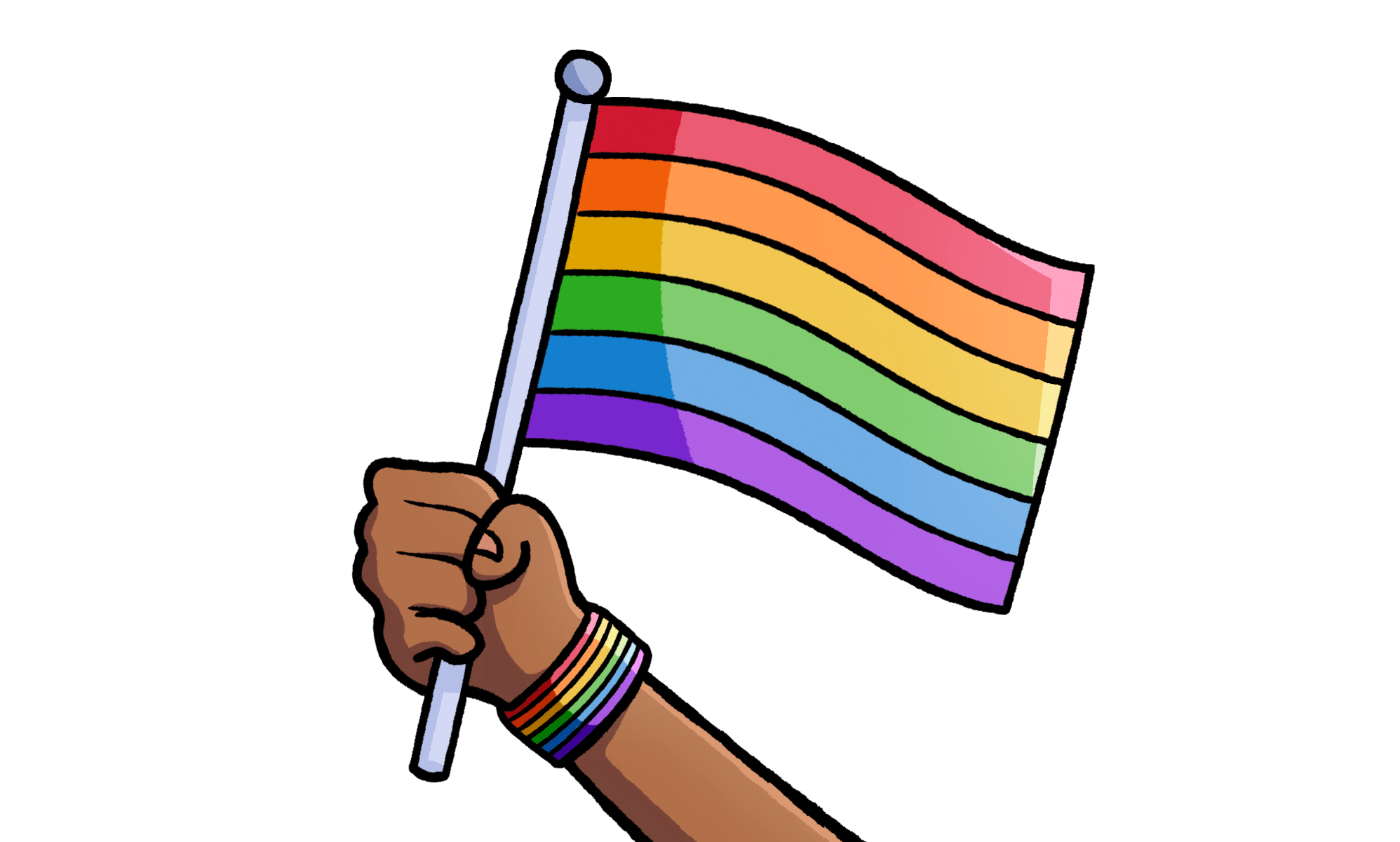10 predictions for how the world could change in 2015

2014 was a momentous year for equality – but we think the year ahead could be one of the most exciting yet.
News is often unpredictable and unexpected – but here’s our ten predictions for some of the stories we might be reporting on in 2015.
1. A leading sportsperson will come out

2015 will see a sporting superstar follow in the footsteps of Justin Fashanu, Casey Stoney, Tom Daley, Robbie Rogers, Jason Collins, Michael Sam and Ian Thorpe, by opening up about their sexuality.
Stonewall CEO Ruth Hunt recently revealed she knows of several gay footballers, while NFL player Michael Sam also says he has been in touch with a number of closeted players.
The stage is set – and we think that this year will see a leading sportsperson take the plunge and come out as gay.
2. Ireland will approve same-sex marriage
The Republic of Ireland will hold a referendum on civil same-sex marriage this spring, and all polls have suggested an overwhelming victory for equality.
With Ireland’s PM planning to take a leading role in the ‘Yes’ campaign, we expect to see political fireworks ahead of the vote.
We’re not sure if the victory will be a huge landslide as suggested by pollsters – Irish referendums are often unpredictable due to low turnouts and powerful lobbying groups – but we’re hopeful that same-sex marriage will pass comfortably.
3. A senior UKIP politician will say something homophobic

In the run-up to May’s General Election, we expect more chaos in the ranks for Nigel Farage’s UK Independence Party.
With a number of untested parliamentary candidates facing close scrutiny for the first time, we would not be surprised to see slips from the party’s more eccentric members when asked about homosexuality.
Some senior figures who have been keeping a low profile in recent months – like perpetual gaffe machine Roger Helmer – could also make a return to prominence.
4. At least two party leaders will resign

The UK’s four major party leaders – David Cameron, Nick Clegg, Ed Miliband and Nigel Farage – have now all been in power for a number of years.
In the aftermath of the election – which we definitely know better than to try and predict the result of – all the leaders will be held to account by their parties.
As relative newcomers, Green leader Natalie Bennett and the SNP’s Nicola Sturgeon are likely safe, but we predict a change of leader for at least two of the major UK parties.
5. THE U.S. SUPREME COURT WILL TAKE UP A SAME-SEX MARRIAGE CASE

In the United States, 2015 will mark the year that the Supreme Court will settle the matter of same-sex marriage once and for all.
While the highest court ducked the issue in 2014, opting not to tackle it head on, it is now impossible for the court to further postpone a decision as the lower courts are split.
With some circuit courts upholding equality and some finding against it, it will be up to the Supreme justices to wade into the chaos to provide a satisfactory conclusion to two years’ worth of constant legal battles.
6. Trans issues will take centre stage

As the battle for same-sex marriage finishes in some countries, equality campaigners looking for the next frontier will increasingly turn their attention to transgender rights.
2014 was hailed as the transgender tipping point – but 2015 will be the year that the momentum finally starts to build, with influential LGB groups like Stonewall and the Human Rights Campaign taking the decision to become trans-inclusive.
The suicide of Leelah Alcorn shows that transgender people still regularly experience prejudice and legal discrimination – and change is possible, now the issues are in the mainstream for the first time.
7. Anti-gay laws will continue to spread
Sadly, the expansion of harsh new laws criminalising homosexuality is set to continue in 2015, as right-wing groups plot the spread of laws to capitalise on anti-gay, anti-Western sentiment.
Uganda is already set to pass yet another homophobic law – and it is unlikely that it will be the last such bit of legislation.
However, politicians under pressure to introduce a law will be keeping a close eye on the Gambia – which is currently facing backlash over its law.
Bans on ‘gay propaganda’ similar to that used to justify homophobic harassment in Russia have already been mooted in several other countries.
8. The Church of England will not resolve a split over gay clergy marrying

The Church had a rough year in 2014, failing to come to any sort of meaningful consensus on same-sex marriage after hastily banning gay clergy from marrying.
The strength of that decision will be tested in 2015, as Archbishop Justin Welby struggles to pacify both the Church of England and global Anglican Communion.
The Archbishop has repeatedly stressed he is after a “good disagreement” on the issue – but his resolve will be tested if the Church comes to a stalemate yet again.
9. Northern Ireland’s DUP will push ahead with plans for a ‘religious freedom’ law
The Democratic Unionist Party will continue with plans to railroad through a troubling law which would effectively exempt religious people from equality legislation.
The law – backed by First Minister Peter Robinson – is unlikely to win support from the country’s Executive Committee in its current form – but there is a danger it might pass with some concessions.
Northern Ireland will also continue to lag behind the rest of the UK on equality issues, with the DUP scuppering any plans for same-sex marriage.
10. Republicans will continue to fight against gay rights

The US Presidential election isn’t set to take place until 2016 – but Republican politicians are already jostling for position in the run-up to the primaries.
Rumoured candidates vary in approach from those who have already given up the fight against same-sex marriage, to politicians still working with listed anti-gay hate groups.
Federally, the party is expected to block all progress of equality legislation now it has control of both Houses of Congress.

